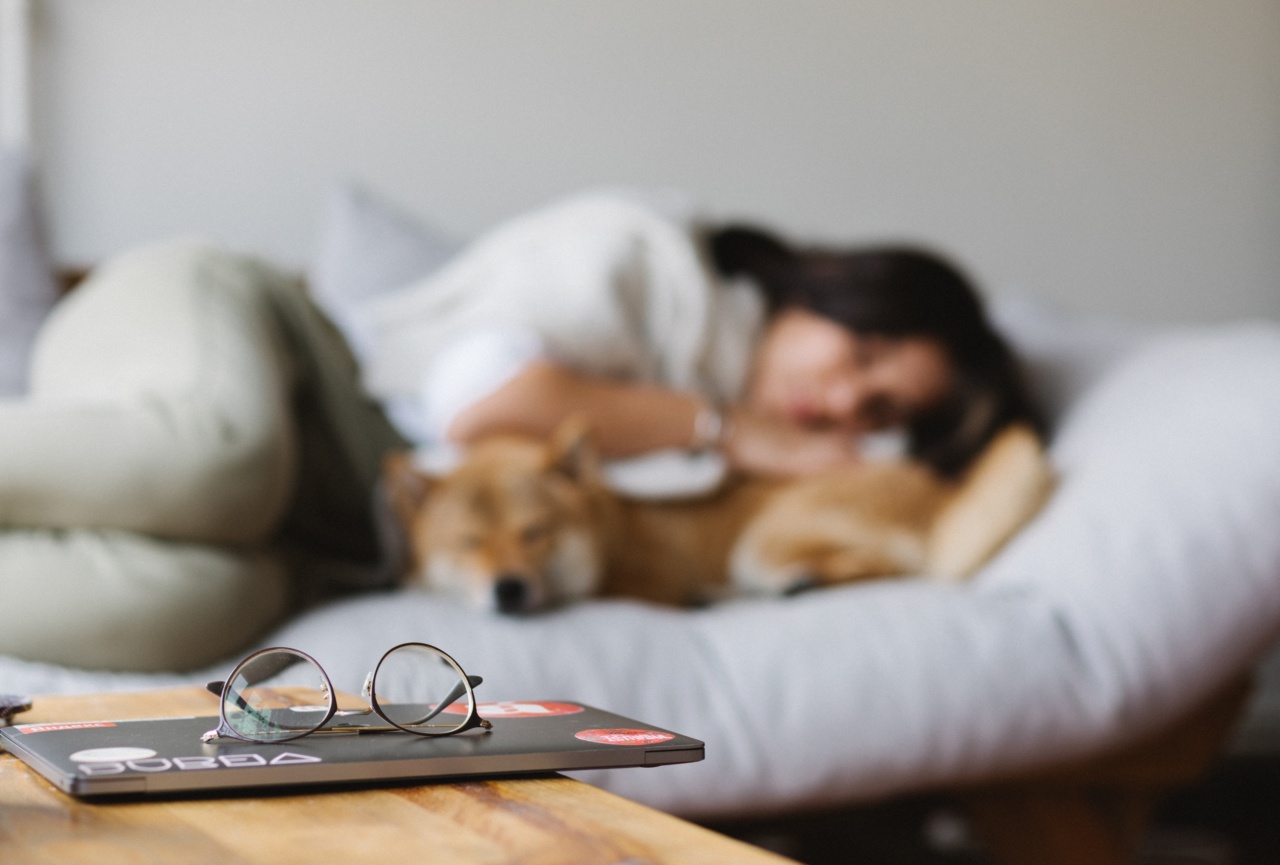Sleep apnea is a potentially severe sleep disorder characterized by abnormal breathing patterns, the most common symptoms of which are snoring and daytime sleepiness.
In its most severe form, sleep apnea can lead to heart disease, stroke, and numerous other ailments.
There are various treatment options available for sleep apnea, including Continuous Positive Airway Pressure (CPAP) therapy, surgery, and the use of oral appliances.
These treatments, however, can be uncomfortable, inconvenient, and, in some cases, expensive. Thankfully, there is also a mask-free approach to treating sleep apnea that does not require invasive procedures or continuous mechanical assistance.
Understanding Sleep Apnea
Before discussing the mask-free approach to treating sleep apnea, it is essential to understand what sleep apnea is, what causes it, and why it matters.
What is sleep apnea?
Sleep apnea is a sleep disorder characterized by abnormal breathing patterns, either because the individual stops breathing repeatedly or because they take shallow breaths.
It can be of three types: obstructive sleep apnea (OSA), central sleep apnea (CSA), and complex sleep apnea syndrome (CompSAS).
The most common type of sleep apnea is obstructive sleep apnea, which occurs when the throat muscles relax too much during sleep and block the airway.
The person will stop breathing until the brain recognizes the lack of oxygen and sends a signal to the body to wake up, allowing them to take a breath. This cycle repeats itself several times during the night, leaving the person feeling groggy and unrefreshed the next morning.
Causes of sleep apnea
Several factors can cause or contribute to sleep apnea, including:.
- Obesity
- Age
- Genetics
- Brain stem disorders
- Narrow airway
- Smoking
- Chronic nasal congestion
Why does sleep apnea matter?
Sleep apnea is a severe condition that can result in various health issues, including:.
- High blood pressure
- Heart disease
- Type 2 diabetes
- Stroke
- Depression and anxiety
- Sleep deprivation
It is crucial to treat sleep apnea to avoid these serious health issues. The good news is that there is a mask-free approach to treating sleep apnea that does not require CPAP, surgery, or other invasive methods.
The Mask-Free Approach to Treating Sleep Apnea
The mask-free approach to treating sleep apnea involves making necessary lifestyle changes, such as losing weight, avoiding sleeping on your back, quitting smoking, and avoiding alcohol and sedatives before bed.
Making these changes can help reduce the severity of sleep apnea and improve the overall quality of sleep.
Lose weight
Obesity is a leading cause of sleep apnea. Losing weight can help reduce the severity of OSA by reducing the amount of fat tissue around the neck and improving breathing during sleep.
Avoid sleeping on your back
When you sleep on your back, gravity pulls your tongue and soft tissue down, blocking your airway, and causing OSA. Sleeping on your side can help prevent sleep apnea.
Avoid smoking
Smoking causes inflammation and swelling in the upper airway, making it more difficult to breathe during sleep. Quitting smoking can help reduce the severity of sleep apnea.
Avoid alcohol and sedatives before bed
Alcohol and sedatives relax the throat muscles, making it more likely that they will collapse and block your airway during sleep. Avoiding alcohol and sedatives before bed can help prevent OSA.
Positional Therapy
Positional therapy is an effective mask-free technique to treating sleep apnea.
It involves altering the sleeping position to prevent the supine position, which makes the tongue and soft palate fall back, resulting in throat constriction and obstructing the airflow. Special pillows and devices, like the wedge pillow and positional therapy device, are available for comfortable positional therapy.
Oral Appliances
Oral appliances or mouthpieces, like tongue retaining appliance or mandibular advancement device, can be used to treat sleep apnea non-surgically.
These devices are worn in the mouth to reposition the tongue and jaw bone during sleep to keep the airway open.
Conclusion
Sleep apnea is a severe sleep disorder that can lead to various health issues.
While there are various treatment options available, the mask-free approach to treating sleep apnea can be highly effective without the need for invasive procedures or mechanical assistance. By making lifestyle changes, using positional therapy, or wearing an oral appliance, you can improve the quality of your sleep and reduce the severity of sleep apnea.





























